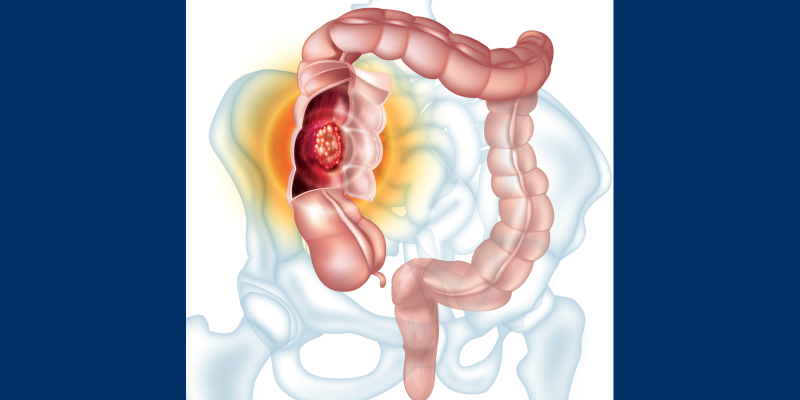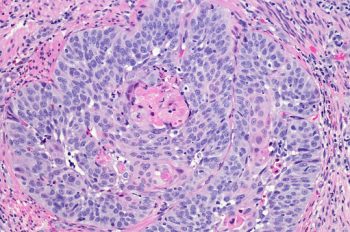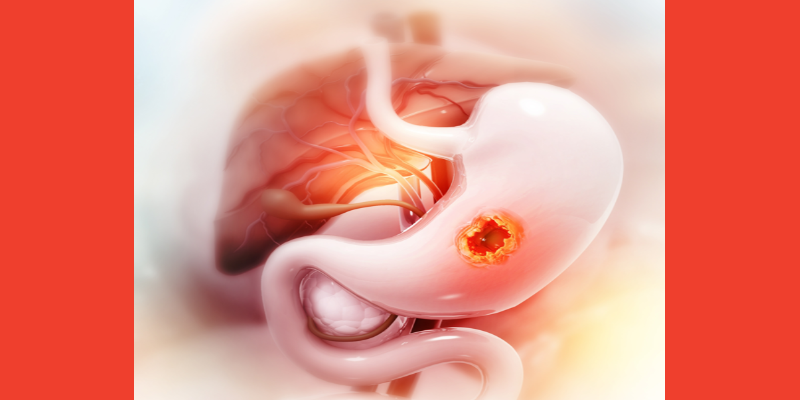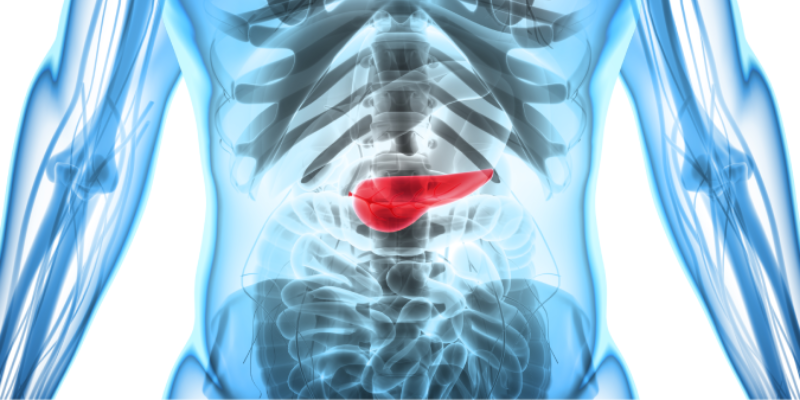
Preoperative induction chemotherapy followed by chemoradiotherapy (IC-CRT) prior to esophagectomy was not found to improve progression-free survival (PFS) or overall survival (OS) compared with preoperative CRT alone in patients with operable, locally advanced esophageal cancer. These findings were published in the Journal of Gastrointestinal Oncology.
Ninety-five patients were included in this single-institution, retrospective, cohort study. Patients had locally advanced esophageal cancer and received either IC-CRT or CRT between 2013 and 2019. All included patients were deemed surgical candidates. Fifty-nine patients received IC-CRT and 36 received CRT. The median follow-up was 37.7 months. Thirty-one patients in the IC-CRT cohort and 24 patients in the CRT cohort completed esophagectomy.
Overall, 3-year PFS and OS for the total cohort were 44% and 58%, respectively. No difference was found in median PFS between the IC-CRT versus CRT treatment groups (22 months vs 32 months; P=.64) or in median OS (39 months vs 56.6 months; P=.36). A subgroup analysis of patients with a history of adenocarcinoma histology also did not find significant differences in median PFS or OS according to treatment type. PFS and OS were not different between treatment type in patients who completed preoperative therapy and underwent esophagectomy.
Regarding treatment toxicity, median weight loss from diagnosis to completion of neoadjuvant therapy was 18.5% in the IC-CRT group and 9.7% in the CRT group, and feeding tubes were placed in 24% and 6% of patients, respectively. A total of 44% of patients in the IC-CRT group and 36% in the CRT group required treatment breaks at a median of 3 days for both groups. A total of 32% of patients were hospitalized in the IC-CRT group compared with 22% in the CRT group. One perioperative death occurred because of anastomotic leak, and surgical complications were similar between the treatment groups.
A pathologic complete response occurred in 45% of IC-CRT patients and 29% of CRT patients (P=.24). N-stage regression occurred in 72% and 58% of patients, respectively (P=.28), and distant metastasis occurred in 44% of patients in each treatment cohort. The majority of recurrences were at distant sites at a median of 9.5 months. The authors acknowledged several limitations of the study, including a short follow-up period, the use of data from a single institution, and the small sample size.
“In our retrospective series assessing the outcomes of patients with operable locally advanced esophageal cancer, the addition of induction chemotherapy prior to preoperative chemoradiotherapy was not associated with improved OS or PFS,” the authors concluded. “Despite excellent locoregional control with this approach, the predominant pattern of recurrence remains to be at distant sites.”







 © 2025 Mashup Media, LLC, a Formedics Property. All Rights Reserved.
© 2025 Mashup Media, LLC, a Formedics Property. All Rights Reserved.